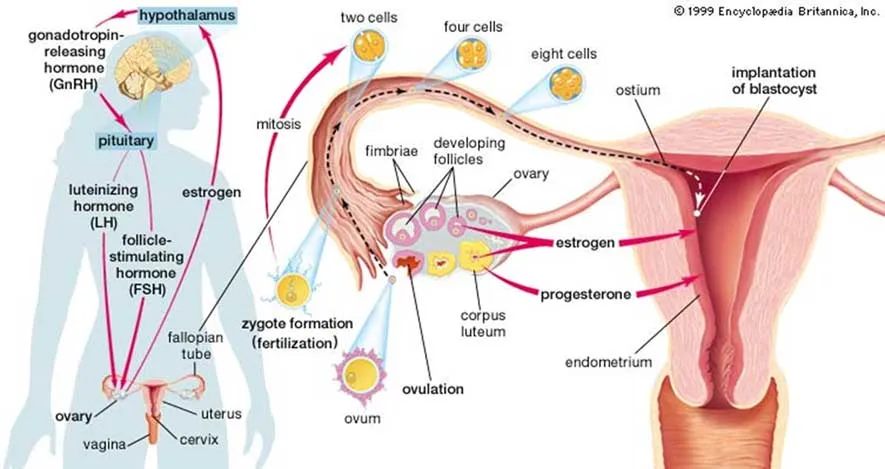Infertility 101 | Infertility Treatments in Arizona

Human reproduction is a complicated process, but the basic requirements are actually quite simple. We need eggs, sperm, and a normal female reproductive tract to make a baby.
For a natural conception to occur, a woman must ovulate and release a viable egg from her ovary; sperm deposited in the reproductive tract must be sufficient in number and swimming ability to reach and fertilize the egg; the fallopian tubes, which are the site of fertilization and early embryo development, have to freely open so that they can reliably pick up the egg from the ovary and transport the fertilized egg, or embryo, into the uterus; and the uterus has to provide a suitable environment for implantation.

The good news is that if these basic elements are in place, a woman of reproductive age generally has an excellent chance of becoming pregnant without medical assistance. Even so, many are surprised to learn that fertile couples have just a 20% chance of conceiving with a single episode of intercourse around the time of ovulation. That’s normal fertility.
Infertility is medically defined as the inability to achieve a pregnancy after 12 months of unprotected intercourse in women under the age of 35 and after 6 months of unprotected intercourse in women 35 years of age and older. This definition stems from the observation that approximately 80-85% of couples with no apparent fertility problems will conceive within 12 months, and another 5-15% will conceive within 2 years. It also acknowledges the importance of earlier evaluation and treatment in women who are reproductively older and may not have as much time (or as many good eggs) left to complete their families.
We understand that the medical definition of infertility does not apply well in all situations. Very often, patients will receive evaluation or treatment for infertility without meeting the strict definition of the diagnosis. A woman who does not ovulate or has regular periods does not need to wait for 12 months before she can be treated, nor would we deny evaluation and treatment to any single woman or same-sex couple who would not be able to conceive without assistance.
The term infertility can also be subject to misinterpretation. One may think that infertility implies sterility (the complete inability to become pregnant), but we often see “infertile” patients who conceive and have children on their own. For those unable to conceive as easily, however, we have a variety of treatment options to overcome major obstacles and speed the road to success for those who may be subfertile rather than “sterile.”
So how can we assess someone’s reproductive potential? A comprehensive fertility evaluation at ACFS will assess each of the basic requirements for successful reproduction through:
- A full consultation, including a detailed health and reproductive history, focused physical exam, and ultrasound of the uterus and ovaries
- Blood tests, including hormonal evaluations for the patient and partner if applicable
- A hysterosalpingogram (HSG) to assess the fallopian tubes
- A sonohysterogram (SHG) to evaluate the uterine cavity in more detail
- A complete semen analysis for males
Learn more about Female Fertility Evaluation and Testing
If you want to learn more about your fertility, call your ACFS fertility team today at (480) 860-4792.











